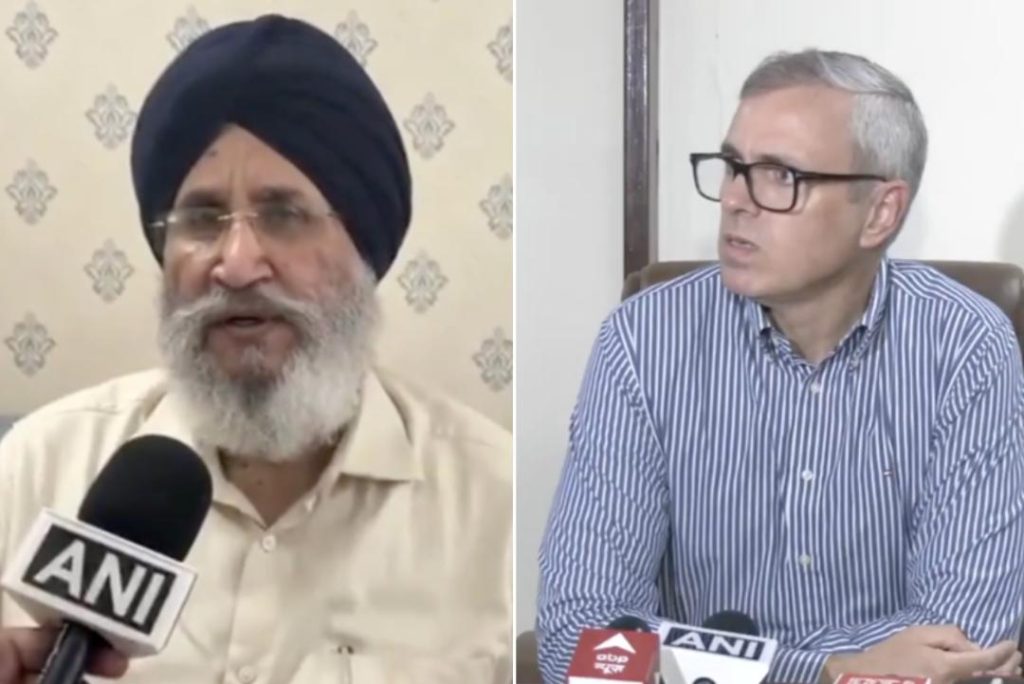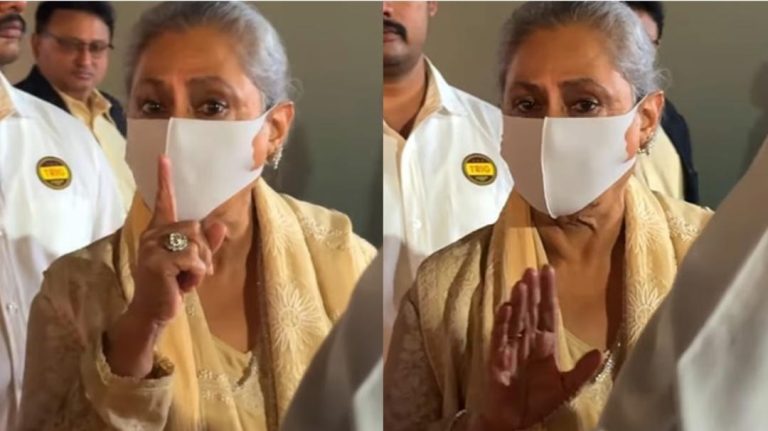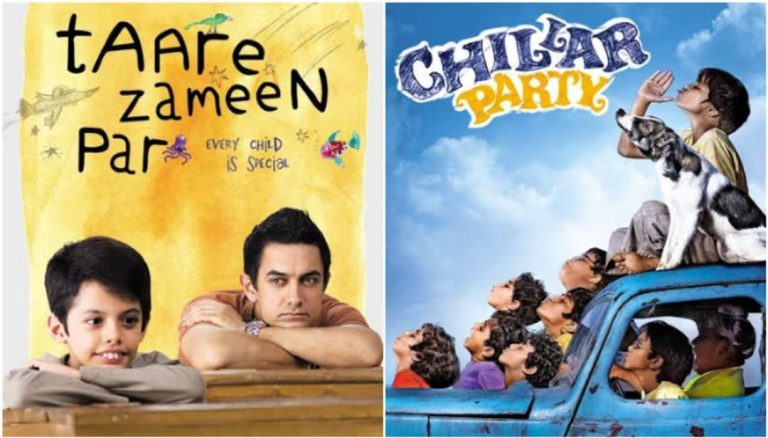
Title: J&K CM’s remark on water sharing unreasonable: Akali Dal leader
The recent statement by Jammu and Kashmir Chief Minister Omar Abdullah, stating that he will not share any water with Punjab, has been condemned by Shiromani Akali Dal leader Daljit Singh Cheema. Cheema has termed Abdullah’s remark as “unreasonable” and has expressed surprise that the J&K CM would comment on Punjab, given the history of river water distribution in the region.
In a statement, Cheema said, “We did not expect him to comment on Punjab, as river water distribution has earlier also been in favour of other states like Rajasthan, Haryana, and Delhi.” He added, “Punjab has always been at the receiving end, and we have not received our rightful share of water from the rivers that flow through our state.”
Cheema’s comments come in the wake of Abdullah’s announcement that J&K will not share any water with Punjab, citing the state’s own water scarcity and the need to prioritize its own needs. However, Cheema has argued that this stance is unreasonable and unfair to Punjab, which has historically been the largest contributor to the country’s food grain production.
“Punjab’s farmers have been facing severe water scarcity for years, and this has had a significant impact on their livelihoods,” Cheema said. “The state’s economy is heavily dependent on agriculture, and without sufficient water supply, farmers are struggling to produce crops. We cannot afford to lose more water, and that’s why we need a fair share of the river waters.”
Cheema also pointed out that Punjab has been a major contributor to the country’s economic growth, and it is unfair to deny the state its rightful share of water resources. He added, “The state has been the breadbasket of the country, and it’s only fair that we get a fair share of the resources that are available to us.”
The Akali Dal leader also expressed concern about the impact of Abdullah’s statement on the already strained relations between Punjab and J&K. He said, “The statement has sent a wrong signal, and it will create more tension between the two states. We need to work together to resolve the issue of water sharing, rather than making provocative statements.”
Cheema’s comments have been echoed by many other leaders from Punjab, who have expressed disappointment and frustration at Abdullah’s statement. The Punjab government has already announced that it will take all necessary steps to protect the state’s water interests and ensure that it gets a fair share of the river waters.
The issue of water sharing has been a contentious one in the region for many years, with each state having its own claims and demands. The Indus Waters Treaty, signed in 1960, has attempted to resolve the issue, but it has not been without its critics. Many have argued that the treaty is unfair to Punjab, which has historically been the largest contributor to the country’s food grain production.
The dispute over water sharing has also had significant regional and national implications. The shortage of water has led to tensions between the states, and has also had an impact on the country’s food security. The issue has been a major concern for the federal government, which has been trying to find a solution to the problem.
In conclusion, Daljit Singh Cheema’s remarks on Omar Abdullah’s statement on water sharing are a timely reminder of the need for a fair and reasonable solution to the issue of water sharing in the region. The Akali Dal leader’s comments have highlighted the unfairness of the current situation, where Punjab is at the receiving end, while other states like Rajasthan, Haryana, and Delhi have received a larger share of the river waters.
The issue of water sharing is a complex one, and it requires a nuanced and balanced approach. The federal government and the state governments need to work together to find a solution that takes into account the needs and concerns of all parties involved. The people of Punjab and J&K have a right to a fair share of the river waters, and it is the responsibility of the government to ensure that this right is protected.
Source:






